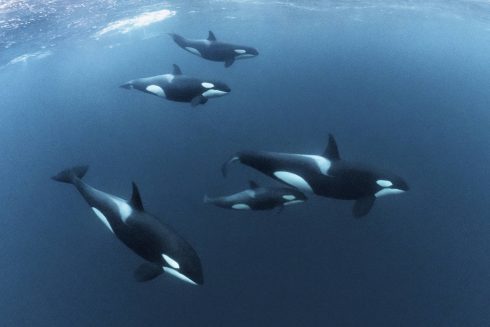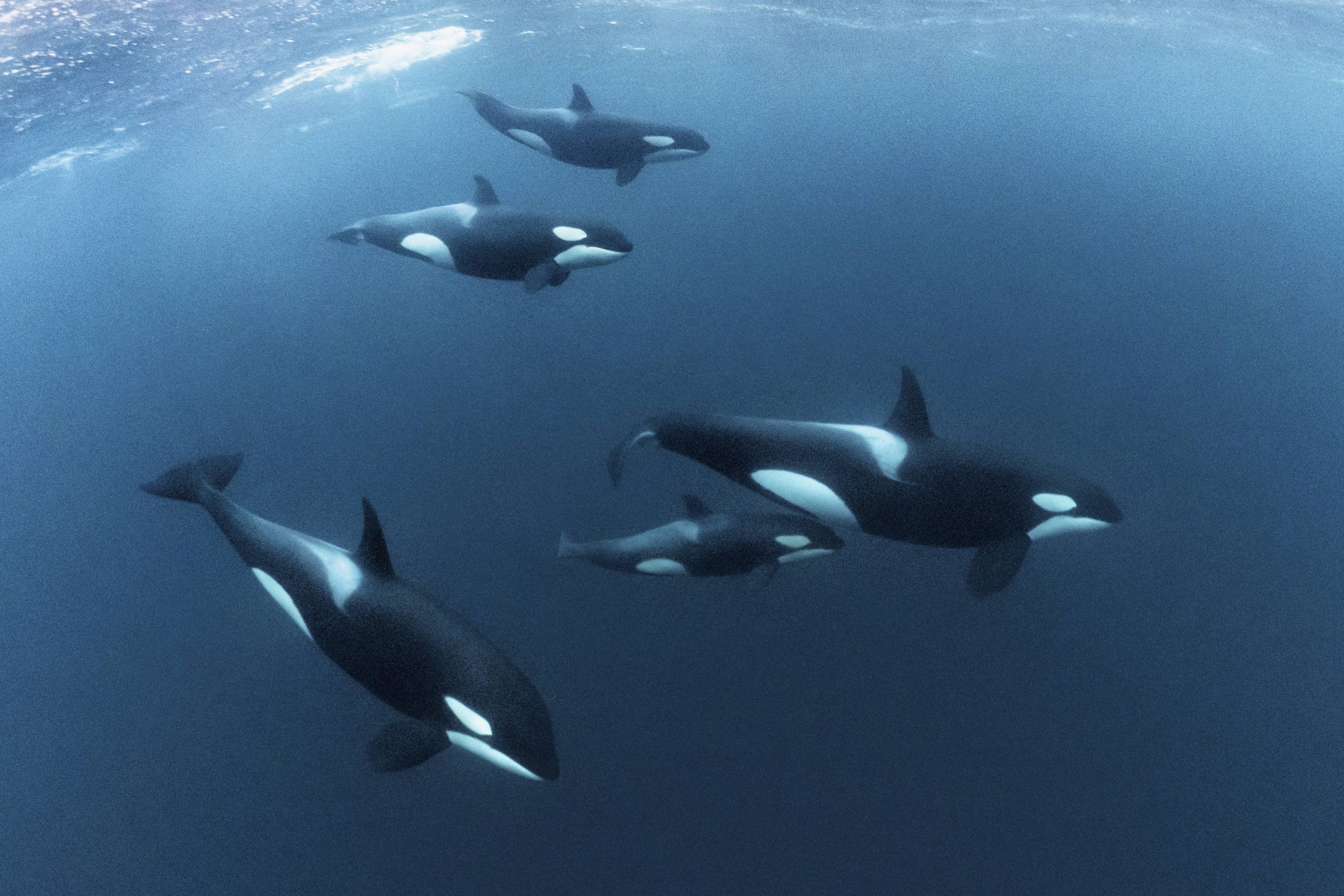A SPATE of orca attacks on yachts entering the Strait of Gibraltar has sparked fierce debate and wild theories about what is behind it.
Researchers have theorised that they might be orchestrated by a single, revenge-seeking female orca named Gladys – or ‘White Gladys’.
She lost her child to the propellers of a ship, some say, while others imagine that she herself got caught up in fishing nets or underwater rope.
And afterwards she taught her brethren orcas – some of the most intelligent and social creatures on the planet – how to target and attack small vessels in the regions they roam.
But Sebastien Destremau, captain of the sailing yacht The Lancelot which was attacked recently on May 22, has dismissed these ideas.
“Having witnessed it, it’s so easy for these beasts to sink us if they want to,” he told Newsweek after 20 of the behemoths swarmed his fragile ship.
“If they were out for revenge, I think I would have been swimming home.”
Instead, he suspects that the orcas may have been engaging in play or training their young to hunt, as yacht rudders resemble the fins of their primary prey – whales.

“They could crush the boat in a heartbeat if they wanted to. But they were not aggressive. “They were just coming in very gently, placing their nose wherever they wanted to place it, and pushing hard.”
The real danger, he emphasises, is to the killer whales themselves.
“I am very concerned about the near future for these beasts and I think we have a huge responsibility to protect these animals,” Destremau said.
“The problem we have is that the media are emphasizing the aggression and so people are getting armed, they’re getting a shotgun onboard their boat.”
Despite these reassurances, the incident was terrifying at the time.
“At first, I thought it was wind coming in really fast… And so I started to drop the sail a little bit and then I turned around again to look at where the wind was and I thought, ‘Wait, that’s not wind, that’s fish. Those are orcas!’”
With approximately 20 orcas approaching, he made the decision to lower the sails in hopes that the stationary boat would lose their interest.
Yet the orcas persisted.
“They started to come closer and closer. They started to have a look and a little bit of a sniff and then, suddenly, ‘BANG,’ that was a big one,” Destremau explained.
The orcas targeted the ship’s rudder, displaying their impressive power as they pushed against it.
Within minutes, the bottom of the rudder shattered, creating potential risks for the boat.
But despite the scary situation, no human has ever been harmed by the pod of orcas, and it was up to humans to adapt to the mammals, not the other way round.
“It’s their world, it’s not ours,” he concluded.
READ MORE:
- Mayday! Pod of Orcas sink sailboat with crew of four on it prompting last minute rescue mission
- Easterly winds delay lifting of OS 35 from Gibraltar’s Catalan Bay with wreck removers on standby










